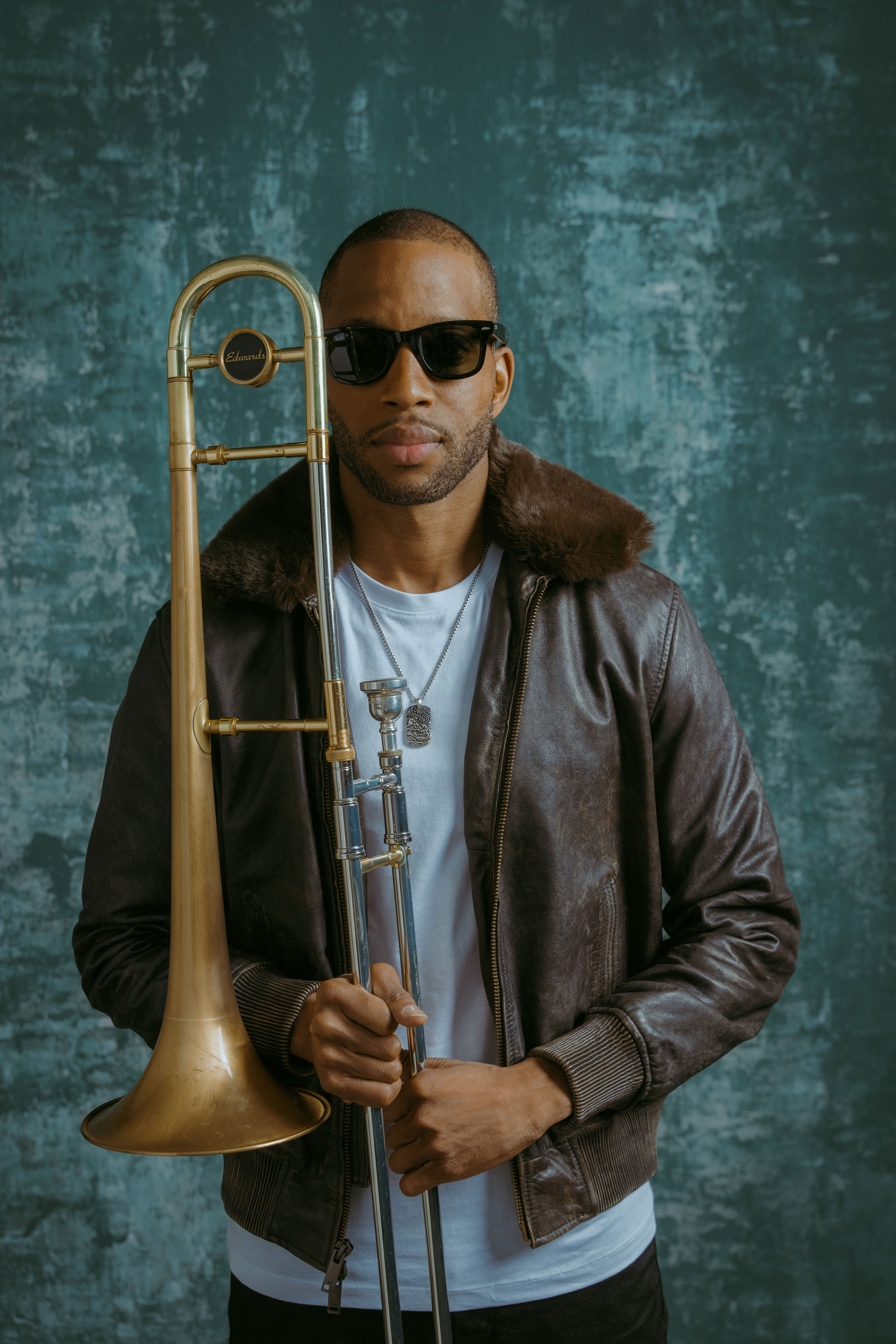Did Trombone Shorty Go To College?
Trombone Shorty, born Troy Andrews, is a musical phenomenon hailing from the vibrant city of New Orleans, Louisiana. His journey in the world of music began at a remarkably young age, and over the years, he has become a prominent figure, collaborating with renowned artists across various genres. However, amidst his musical achievements, a common question arises – did Trombone Shorty go to college? In this article, we will explore Trombone Shorty's life and career, shedding light on his early influences, education, and the evolution of his musical prowess.

Born on January 2, 1986, to James Andrews Jr. and Lois Andrews in New Orleans, Trombone Shorty grew up in the culturally rich Tremé neighborhood. Surrounded by the traditions of New Orleans jazz, R&B, and second line parades, Andrews was immersed in a musical environment from a young age. His family's deep roots in the local music scene, with his grandfather being the renowned musician Jessie Hill, set the stage for Trombone Shorty's musical journey.
Andrews' musical education began at the age of four when he started playing the trombone, a gift from his brother James. Bo Diddley recognized his talent early on, inviting the four-year-old Andrews to join him on stage at the New Orleans Jazz & Heritage Festival. This marked the beginning of a remarkable journey for the young musician, who, by the age of six, became a band leader in brass band parades.
Did Trombone Shorty Go To College?
No Trombone Shorty did not attend any college. While Andrews was making a name for himself in the music scene, education played a crucial role in shaping his skills. He attended the New Orleans Center for Creative Arts (NOCCA), a renowned institution that has nurtured many talented individuals in various artistic disciplines. Alongside fellow musician Jon Batiste, Andrews honed his craft and expanded his musical horizons.
Mentored by Cyril Neville, whom he considers a "second father," Andrews developed a strong foundation in music. His family's nightclub, Trombone Shorty's, and a jam space called "The Space" provided him with opportunities to showcase his talent. These early experiences contributed to his growth as a musician and performer.
Trombone Shorty's career took off with notable collaborations and performances. In 2005, he toured as a featured member of Lenny Kravitz's horn section, sharing the stage with acts like Aerosmith. His participation in the New Orleans Social Club after Hurricane Katrina showcased his commitment to the city's recovery efforts.
If you are interested in learning music check out our Music Lessons in Denton.

The documentary film "Make It Funky!" in 2005 captured Andrews' on-screen interviews and performances, highlighting the influence of New Orleans music on various genres. Collaborations with U2, Green Day, and appearances on Studio 60 on the Sunset Strip demonstrated Trombone Shorty's versatility and widespread recognition.
In 2010, Trombone Shorty released the album "Backatown," which topped Billboard magazine's Contemporary Jazz Chart for nine consecutive weeks. His band, Trombone Shorty & Orleans Avenue, toured globally, supporting renowned artists like Jeff Beck and Dave Matthews Band. Andrews' contributions extended to recordings with artists such as Galactic, Eric Clapton, and Lenny Kravitz.
Subsequent albums like "For True" (2011) and "Parking Lot Symphony" (2017) further solidified Trombone Shorty's position in the music industry. His ability to seamlessly blend jazz, funk, and rock attracted collaborations with Jeff Beck, Kid Rock, and other musical luminaries.
Beyond his musical endeavors, Trombone Shorty is deeply involved in preserving New Orleans' musical heritage. The Trombone Shorty Foundation, evolving from the Horns For Schools Project, focuses on mentoring aspiring high school musicians in the area. The foundation's mission is to perpetuate the musical legacy of a city where music is integral to its identity.
Trombone Shorty's personal life has seen its share of challenges, including the tragic loss of his brother Darnell in 1995. Following this, his brother James Andrews III entrusted him to the care of Susan Lovejoy Scott, a businesswoman from a prominent family. Her mentorship played a pivotal role in shaping Trombone Shorty's career and safeguarding him from the challenges of a turbulent neighborhood.
In the exploration of Trombone Shorty's life and career, we find a remarkable journey filled with musical achievements, collaborations, and a commitment to preserving New Orleans' rich musical heritage. While he embarked on this journey without formal higher education, Trombone Shorty's early exposure, mentorship, and dedication paved the way for his success. His story serves as an inspiration, highlighting the transformative power of music and the importance of preserving cultural legacies. Thank you so much for reading my article all about Trombone Shorty. I really love jazz and New Orleans music and it means so much to me that you read this!
If you like this check out our article: What Trumpet Did Louis Armstrong Play?
